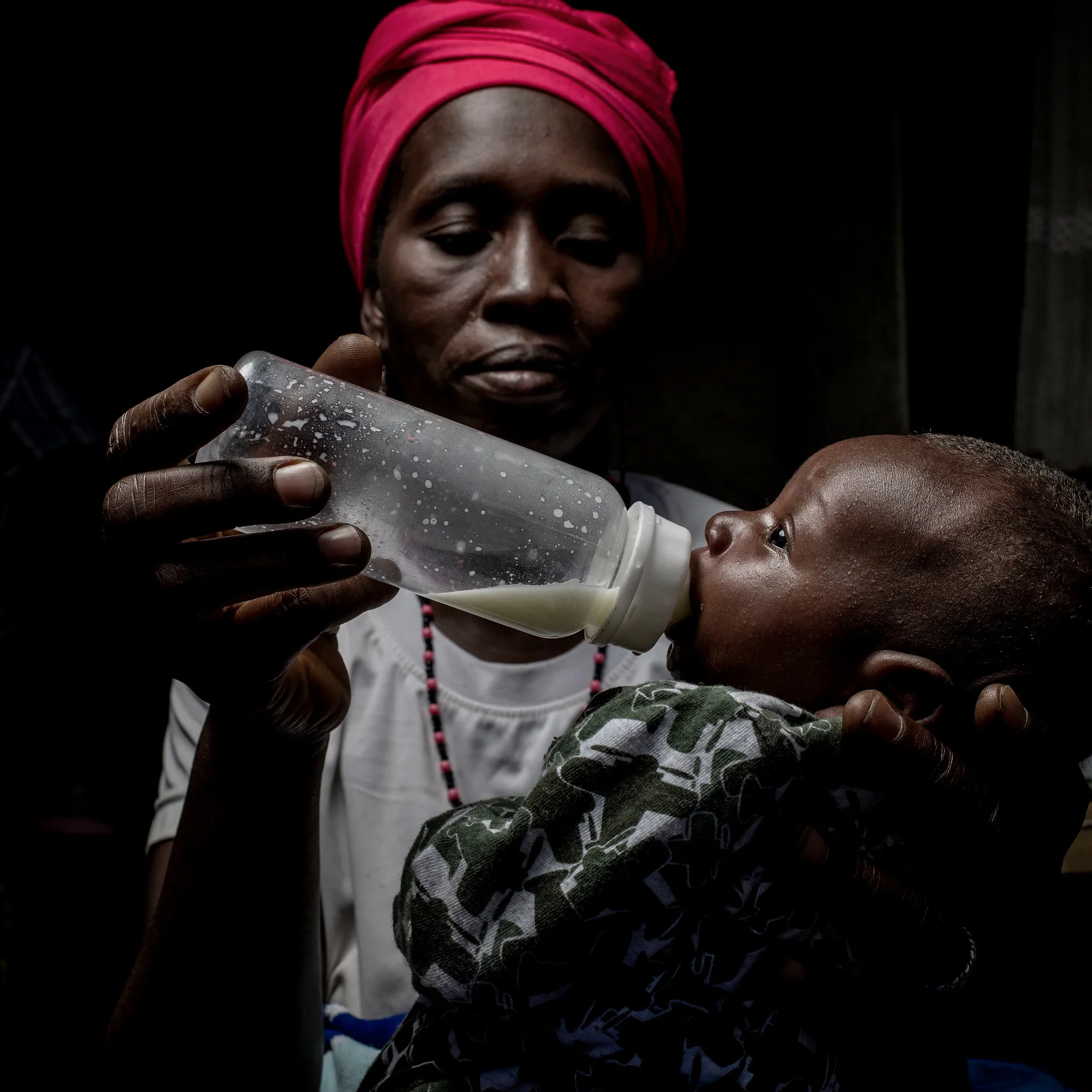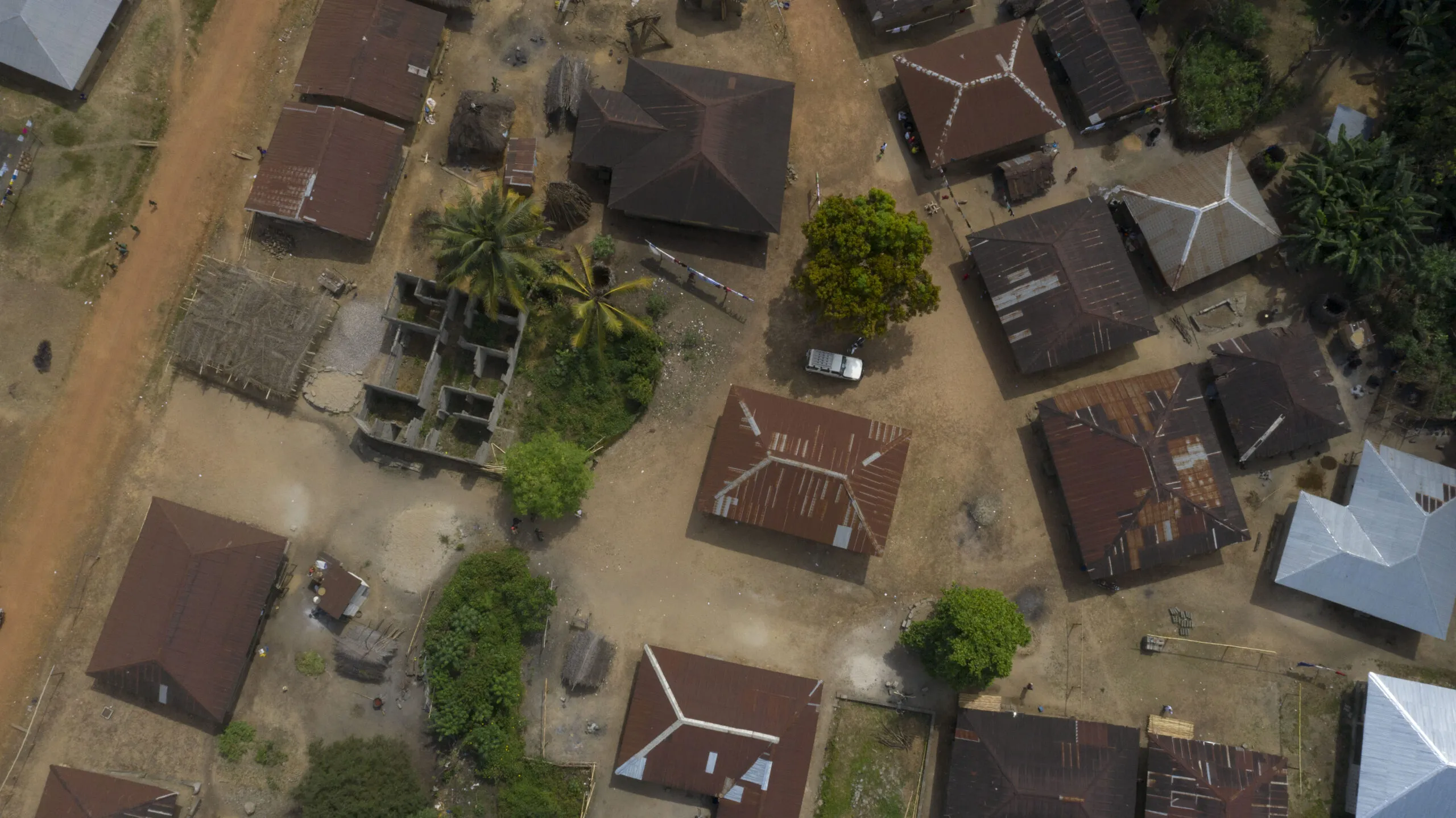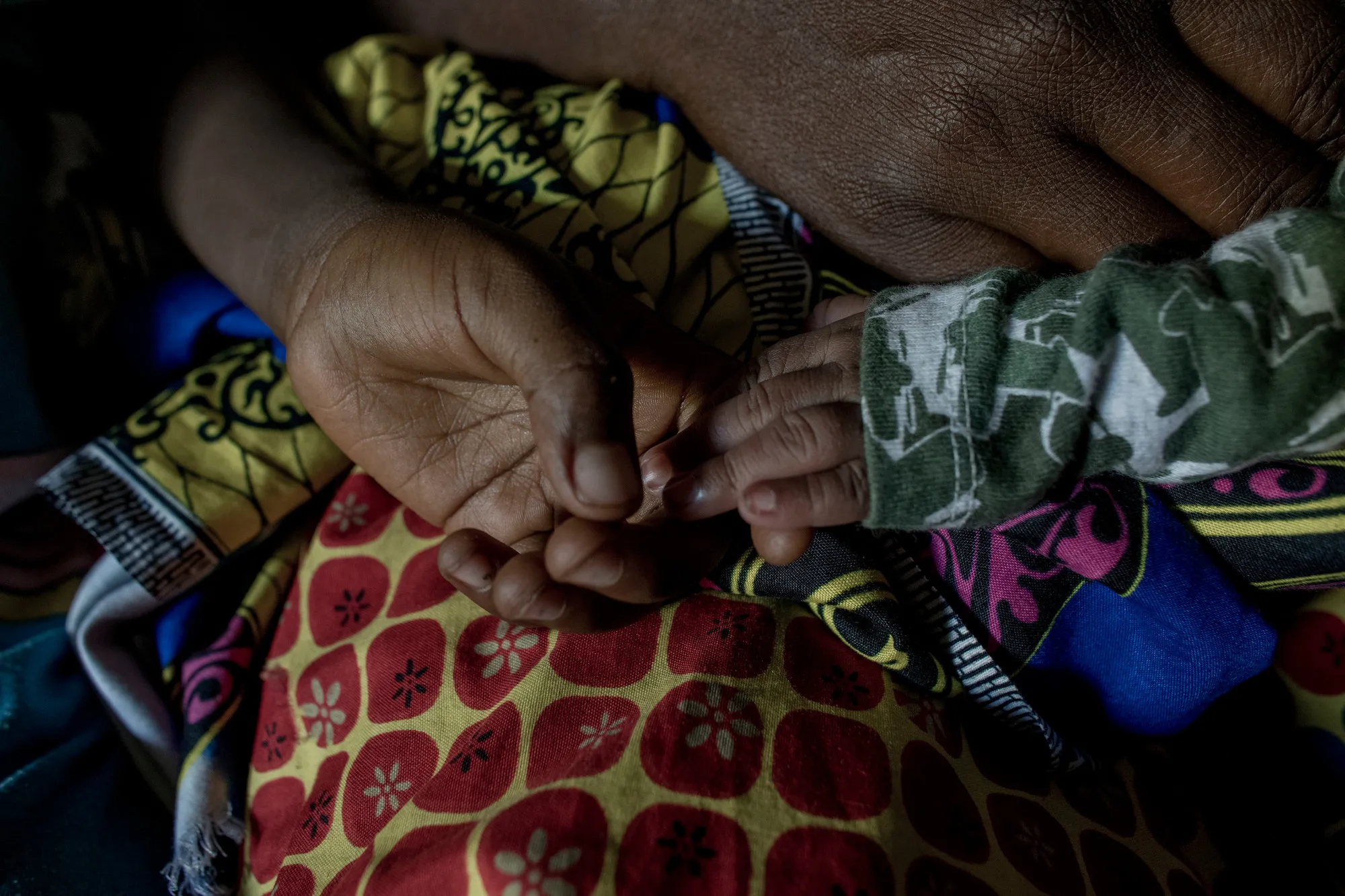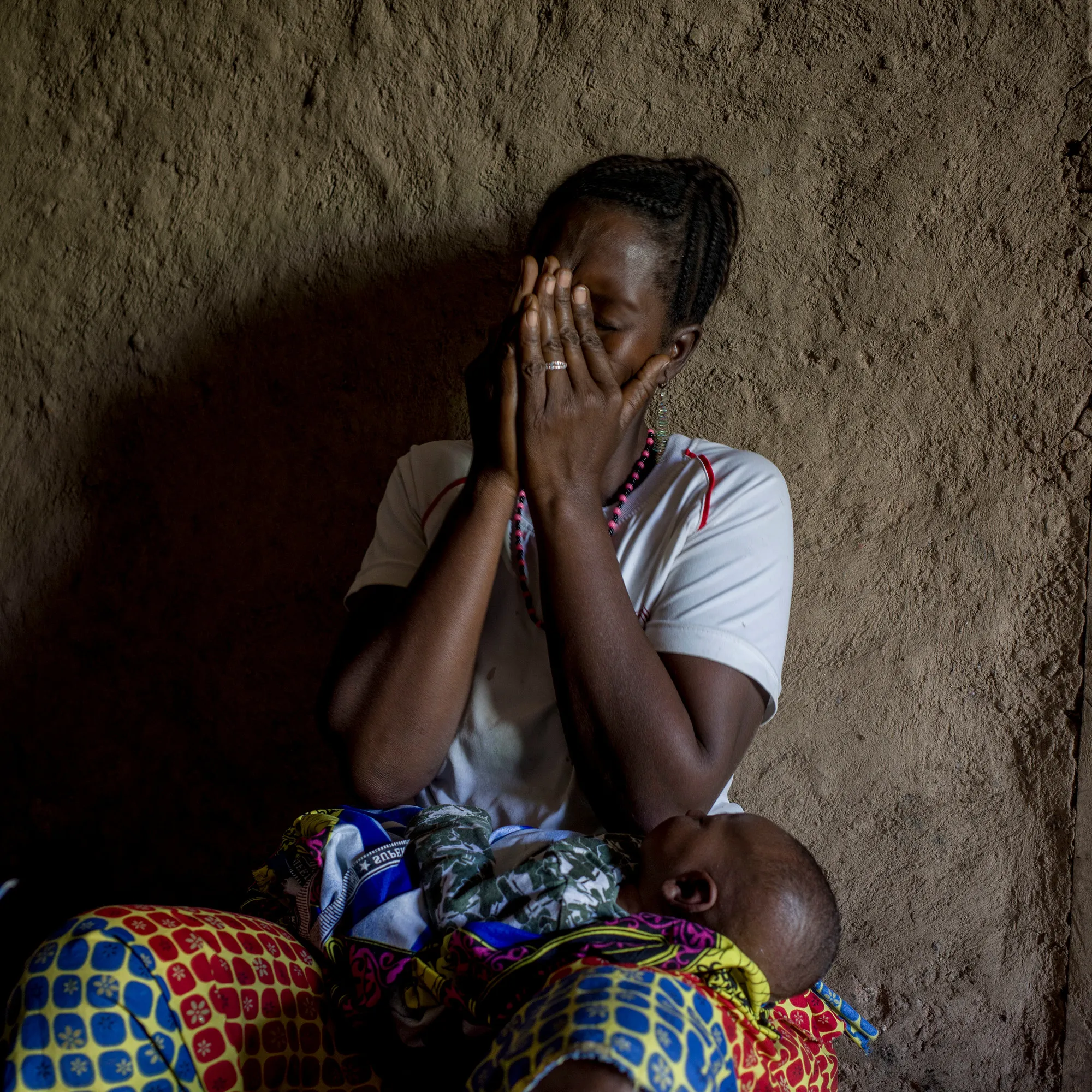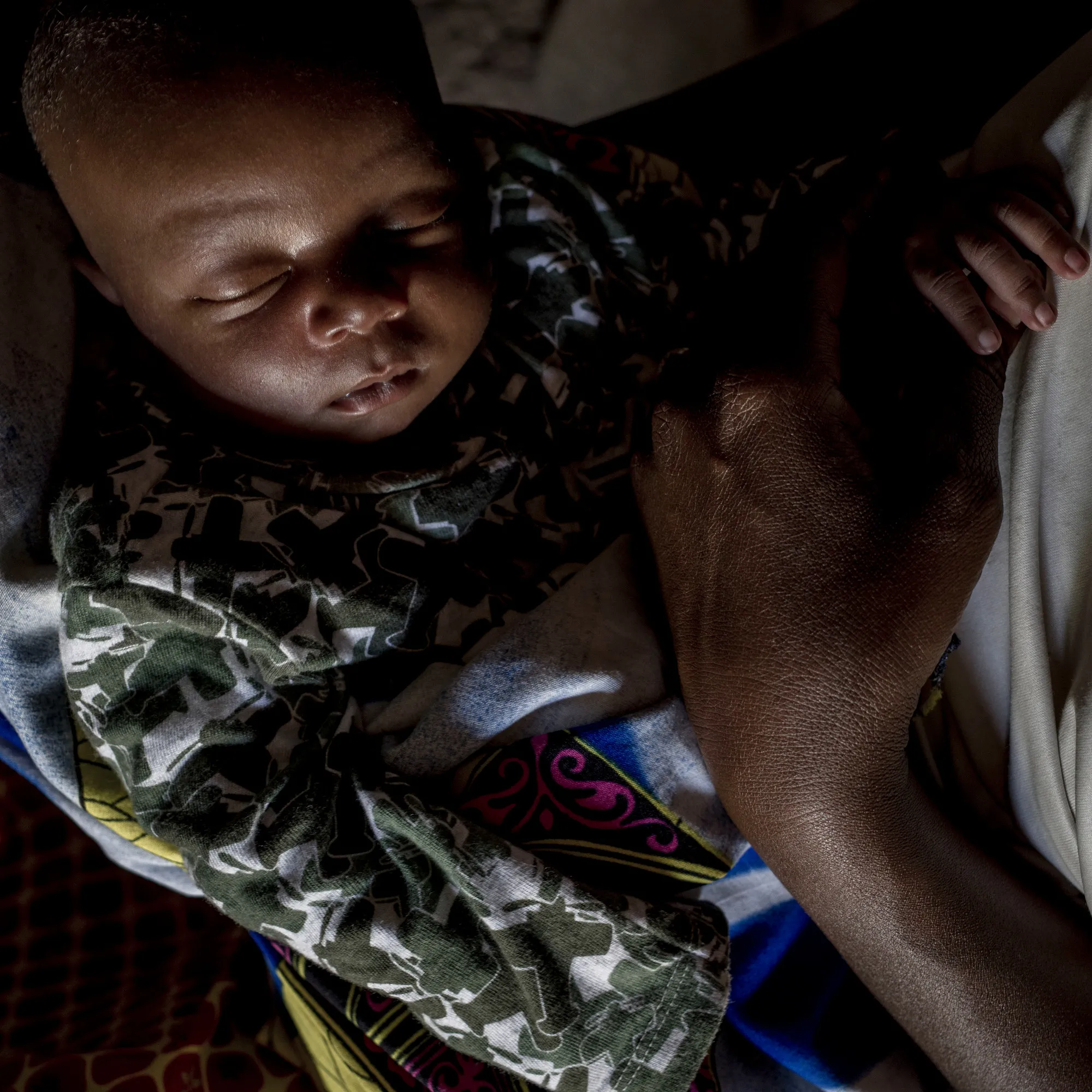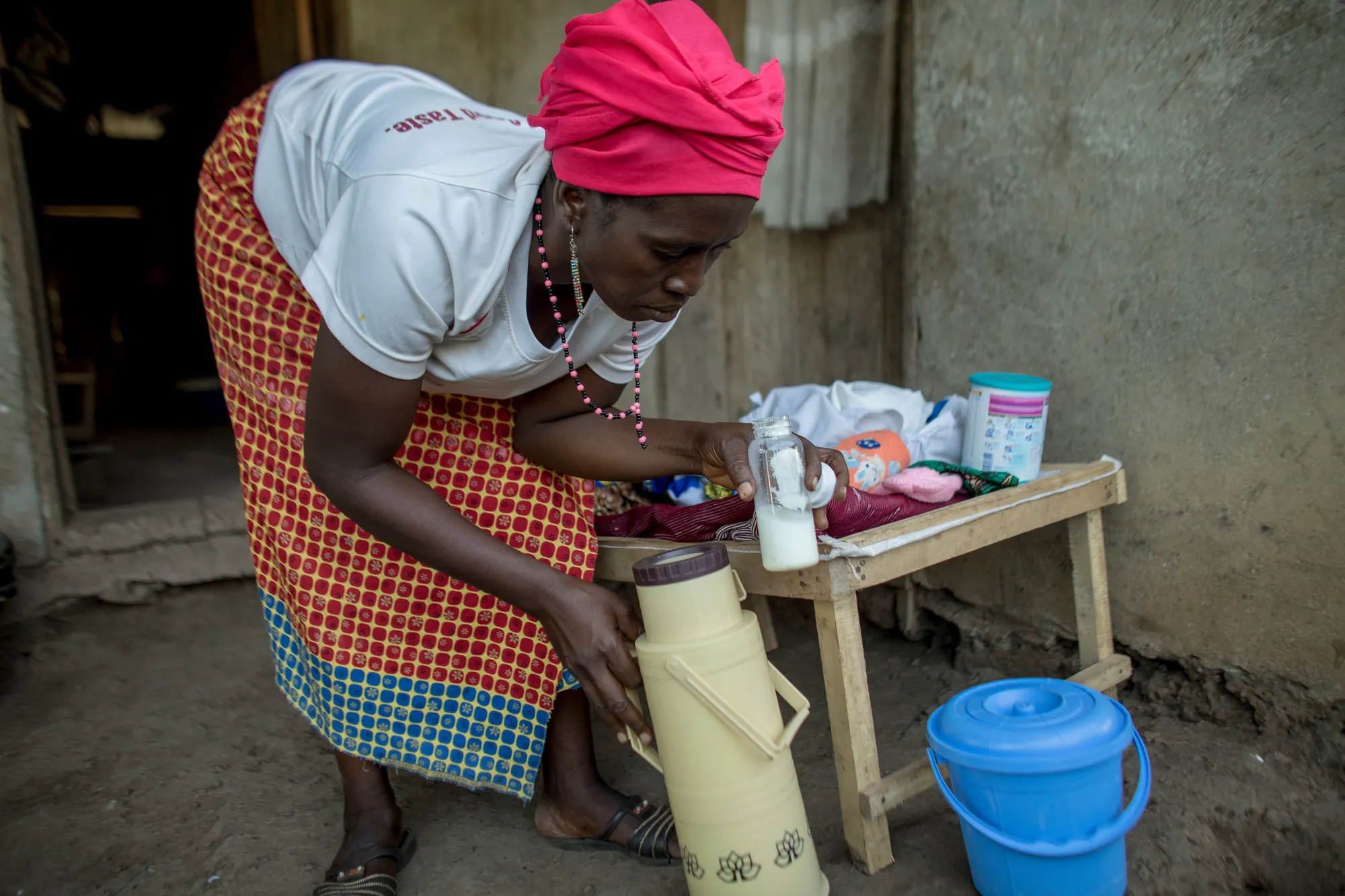Today, thanks to work being done by CARE and its partners to strengthen health policy and infrastructure, that chance is 1 in 139.
And yet urgent medical care that is common in other parts of the world is often still extremely hard to find here, contributing to the daily deadly risks for mothers and newborns.
Women who experience childbirth complications like postpartum hemorrhaging or pregnancy-induced hypertension, for example, often can’t access blood transfusions or other lifesaving health services because of the country’s poor road networks — which make it difficult to reach hospitals quickly.

